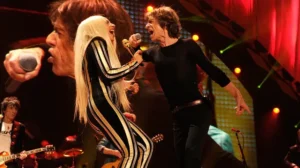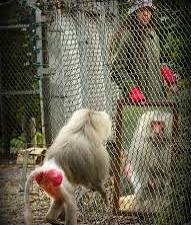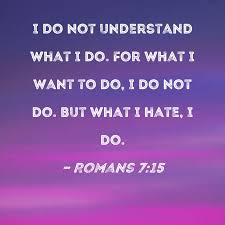I was channel surfing one Saturday night the way I do when my wife is away and I have the remote to myself, when I came across a PBS documentary on the Rolling Stones.
When the Stones were in the midst of a mammoth world tour in 1981, at the height of their fame, they dropped in unannounced at a small Chicago blues club, the Checkerboard Lounge, to see their musical hero, Muddy Waters, perform.
The Stones, like other young British musicians of their time, learned their craft listening to recordings of American blues artists such as Robert Johnson, Muddy Waters, and Howlin Wolf.
The Stones took their name from a Muddy Waters song. One of their first singles, “Little Red Rooster,” was an exact copy of a Howlin Wolf song.
You can go to YouTube and see both versions.
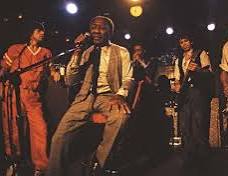
What struck me about this documentary was that these young superstars were taking the time to acknowledge their roots. They were paying tribute to those who came before.
Muddy Waters called Mick Jagger, Keith Richards, and Ron Wood individually up on the stage, and they ended up playing a two-hour set with him.
You could see the glee in their faces – Mick Jagger was like a kid in a candy shop. Keith Richards played a blues guitar like he was born to it – in fact he was.
Two years after that encounter, Muddy Waters died.
It occurs to me that if we are to answer the question, Who am I? then we must first ask, Where did I come from?
Only then can we understand where we are going.
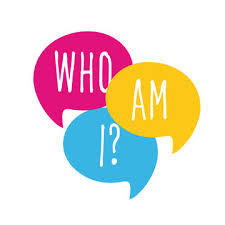
This holds true for an individual, a nation, culture, and a species.
As a nation, Americans need to acknowledge that our country was born in contradiction: acknowledging that all men are created equal, while enshrining slavery in the Constitution.
Our founders celebrated local autonomy while creating a powerful central government. Both of these contradictions bedevil us to this day.
As a culture, the Western tradition is pulled towards two opposite poles, Jerusalem and Rome, between religion and the state.
- Sometimes one dominates, sometimes the other.
- Sometimes they clash in prolonged, bloody conflicts.
As a species, humans are unique in nature, mammals with self-consciousness.
When we answer to the better angels of our nature, we can say with Hamlet, “What a piece of work is Man!” And yet we find ourselves being pulled down by unconscious desires and compulsions.
Perhaps this is the way life is – for everyone at all times. We experience existence as a dichotomy, as a contradiction. We experience ourselves as divided, of two natures, the light and the dark, virtue and vice intermixed.
In his treatise on Ethics, Aristotle, the smartest man who ever lived, said that “Probably we should believe . . . that the soul contains an irrational element which opposes and runs counter to reason.”
In his Letter to the Romans, Paul the Apostle confessed that “What I do, I do not understand. For I do not do what I want, but I do what I hate.” Now if that is true for these two exemplary human beings, it certainly is true for us.
So before we can follow the better angels of our nature, we must acknowledge our darker side.
It will not go away. It is part of us.
The trick is finding the balance, walking the tightrope. Not falling off requires keeping our eyes firmly fixed on the horizon, while giving both sides their equal due.
In his personal journal “Markings,” the Swedish Nobel laureate Dag Hammarskjold wrote: “To say Yes to life is at one and the same time to say Yes to oneself. Yes – even to that element in one which is most unwilling to let itself be transformed from a temptation into a strength.”
The good news is that transformation – redemption – is open to us at every moment. The response that unlocks the door is “Yes.”
Just a thought…
Joe Nagy

